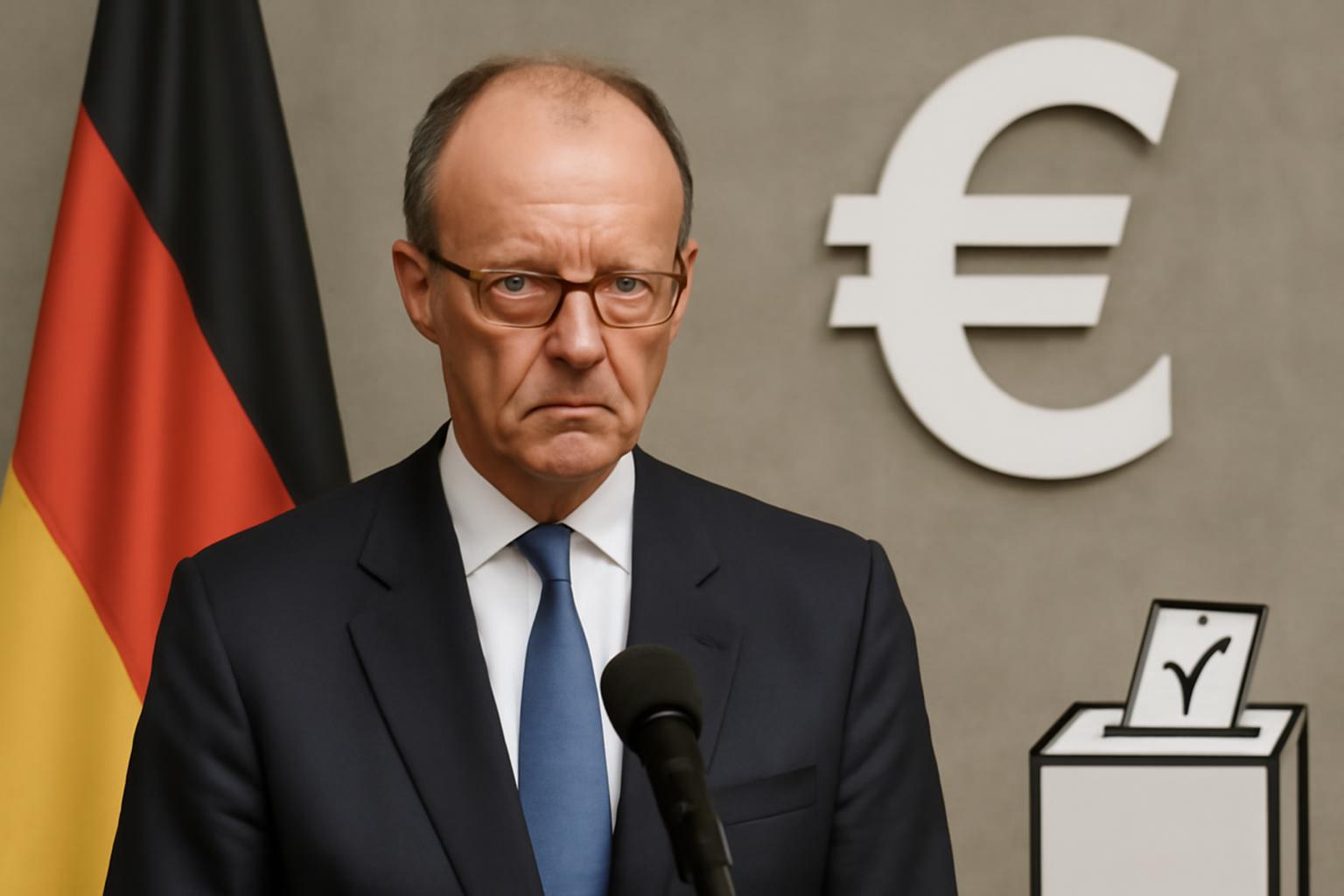Merz declares the current social system financially unsustainable, while the SPD retorts that the social state is a democratic achievement and the bedrock of Germany’s social market economy. Klüssendorf insinuates Merz’s remarks are aimed at pleasing his base and calls for continued economic growth. Köpping and Midyatli push back against apocalyptic framing, insisting reforms are needed but must be discussed together rather than presented as collapse. On 24 August, Merz refused higher taxes demanded by the SPD while signaling a rigorous reform process to keep the social state affordable. The Union-SPD coalition plans substantial reforms to Bürgergeld, pensions, and health insurance, to be drafted by expert commissions, with first decisions expected in autumn. Some SPD voices still advocate tax increases, particularly on the very wealthy, as the debate centers on balancing fiscal sustainability with preserving the social state.
One marvels at the operatic quality of it all: a chorus of gentlemen and ladies in fine suits debating the fate of a grand welfare state as if it were a marble bust that must not be touched lest it chip. Merz speaks as if Germany’s ledger is a sacred relic, and any attempt to adjust the accounts is tantamount to sacrilege against virtue and prudence. He would have us believe that solvency can be maintained by stern faces and stern words alone, that the prestige of the realm depends on refusing a modest tax contribution from those who, let us be honest, live on the highest shelves of society. It is all very theatrical, and indeed very convenient for those who prefer to lecture the peasants about fiscal discipline while keeping a sizable cushion for themselves.
Meanwhile the SPD clings to the historical romance of the social state as democracy’s crown jewel, as though the mere defense of it absolves them of hard questions about numbers and timing. They frame reform as a collective moral obligation, a continuation of a sacred project, and pretend that growth will magically fill any remaining gaps. How uplifting it must be to believe that more commissions, more study, and more press conferences will somehow render the citizens more content with a smaller slice of the national pie. The insistence that the state’s generosity is nonnegotiable feels less like policy and more like moral theater, staged for an audience that fears the sting of discipline more than the spectacle of virtue.
And yet, reform will come, one suspects, not out of envy for efficiency or out of a genuine budgetary arithmetic, but because without some rebalancing the cake will shrink and the guests will squabble over crumbs. The decision to reserve tax increases for “the very wealthy” is, alas, the easy virtue after all the posturing—the political equivalent of polishing silverware while the table remains set for a famine. Anyone with a shred of realism knows that preserving the social state without asking a few of the steadiest earners to contribute a touch more is a trap of our own sentimental making. Growth alone cannot secure universal cushions; prudent finance and a willingness to ask rightful contributors to bear fair shares are the only durable foundations.
So we watch autumn approach with the delicacy of a champagne flute poised over a precipice. Will the expert commissions deliver a coherent plan that blends sustainability with solidarity, or will we witness more polished rhetoric about “keeping the state affordable” while the purse grows lighter and the promises grow louder? If one must choose between a graceful, economist’s blueprint and a sentimental sermon about democracy’s crown, I’d wager the former—with a touch more backbone and a dash less virtue-signaling—will prove the more enduring luxury.
